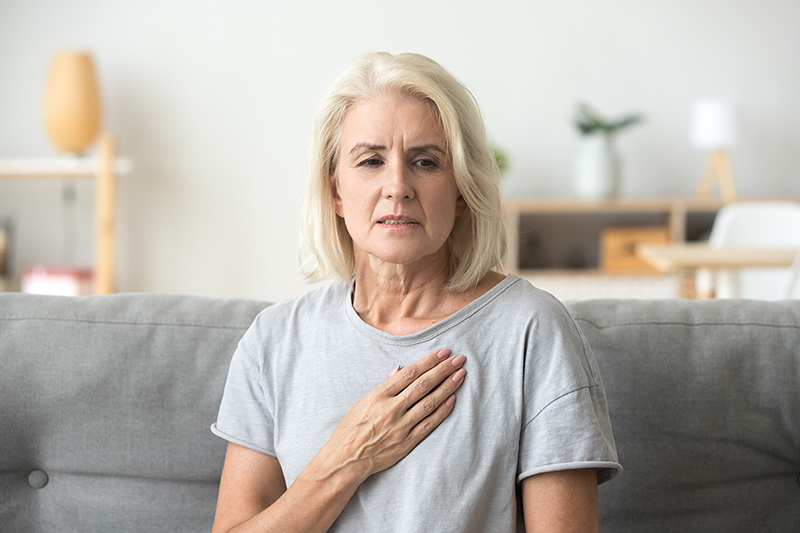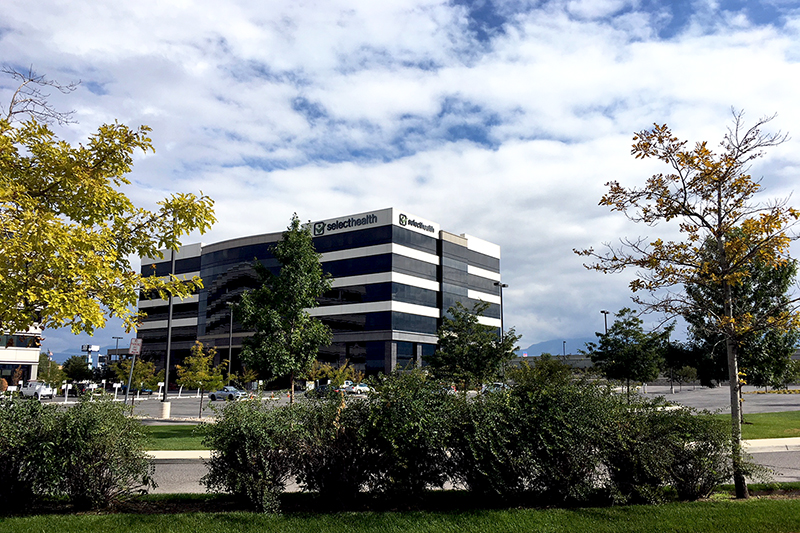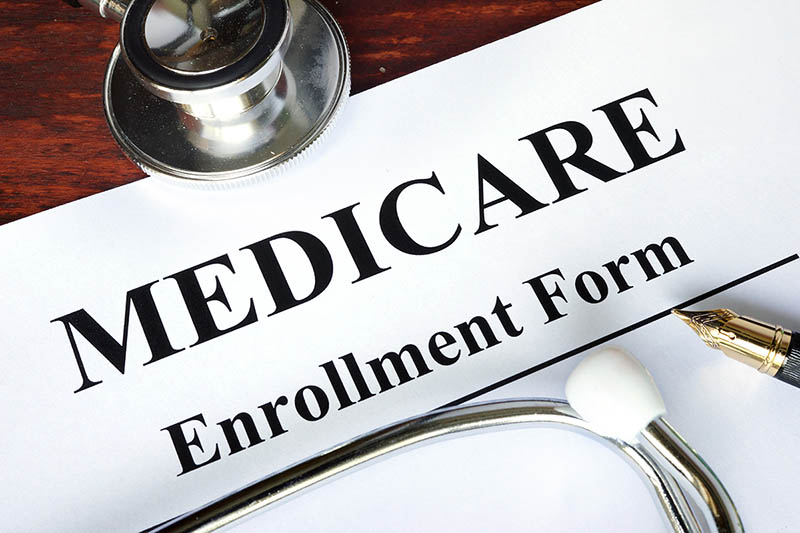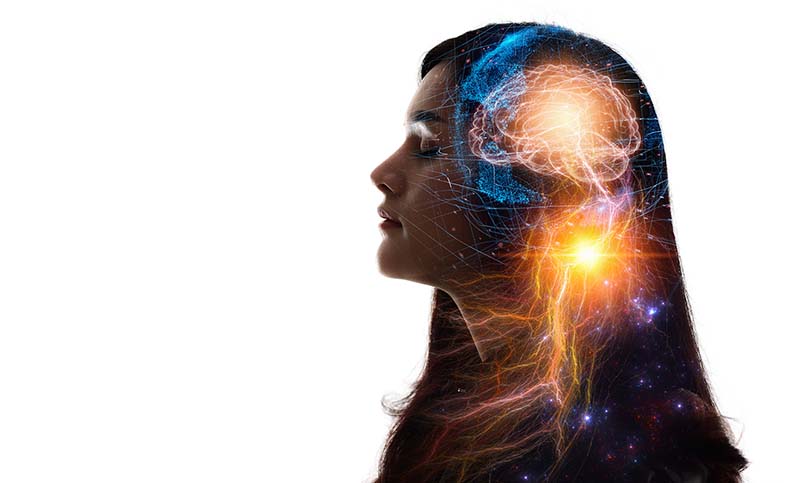4 Signs of a Heart Attack and What to Do If You Experience Them
Know the signs of a heart attack.

| Find a Medicare Advantage Plan that's right for you. Click here. |
|---|
A heart attack occurs when any part of the heart muscle doesn’t get the blood it needs to function properly. Heart attacks are also called myocardial infarctions and are typically caused by coronary artery disease, although other types of cardiovascular disease can be to blame.
The amount of time that passes without proper treatment to restore the blood flow to the heart impacts the extent of the damage, so it’s important to act quickly. Knowing the signs of a heart attack and taking immediate action could be the difference between life and death.
Related: Debunking Five Heart Health Myths
Chest Pain
Chest discomfort or pain is one of the most common symptoms of a heart attack. You might feel the pain in the center or left side of the chest, and it may come in waves. Patients have described the pain as a squeezing sensation or an uncomfortable pressure. You could feel like your chest is overly full, which is indicative of a problem.
Discomfort in the Upper Body
Feeling pain or discomfort in the upper body, including the shoulders or arms can also be a warning sign of a heart attack. Some people experience a sharp, sudden pain in the left shoulder, while others have pain in their back and neck. Sudden, unexplained pain or discomfort should always warrant concern, especially when it’s in the upper part of your body or near your chest.
Shortness of Breath
If you suddenly find that you’re having trouble catching your breath, a heart attack could be the cause. Shortness of breath can present with or without chest pain, so take this symptom seriously.
Feeling Light-Headed or Nauseated
Some people experience dizziness, waves of nausea, or light-headed feelings when having a heart attack. You might break into a cold sweat or feel like you need to sit down. Of course, a heart attack isn’t the only reason you can feel nauseated or light-headed, but if it’s coupled with any other symptom, it’s worrisome. It’s interesting to note that women are slightly more likely than men to experience back, jaw, and neck pain, shortness of breath, and nausea when having a heart attack.
What to Do If You Experience a Symptom
If you experience any of the symptoms on this list, it’s important to seek medical attention as soon as possible. The longer your heart muscle goes without adequate blood flow, the more extensive the damage can be. Your heart supplies blood to all the other organs in your body, so if it’s not pumping properly, other parts of your body will start to shut down. Fast action can save lives, and the quickest action to take is calling 9-1-1, especially if you’re experiencing chest pain.An EMS technician can start treatment upon arrival, while a person who drives themselves to the hospital may have to wait up to an hour before treatment begins. The chances of surviving a heart attack improve with quicker treatment. There are several methods of treatment when a heart attack strikes like angioplasty and minimally invasive heart surgery. Your doctor will determine the best treatment option for you.
Related: 5 Ways to Keep Your Heart Healthy and Happy
When it comes to heart attack symptoms, it’s crucial to take them seriously and seek medical treatment. If you have experienced a myocardial infarction, your risk of having another goes up, as does your risk of experiencing other health conditions. You can reduce your risk by engaging in a physician-approved physical activity program, making healthy changes to your lifestyle, and managing your stress. But if you experience any of the symptoms outlined above, be sure to act—it could save your life.






